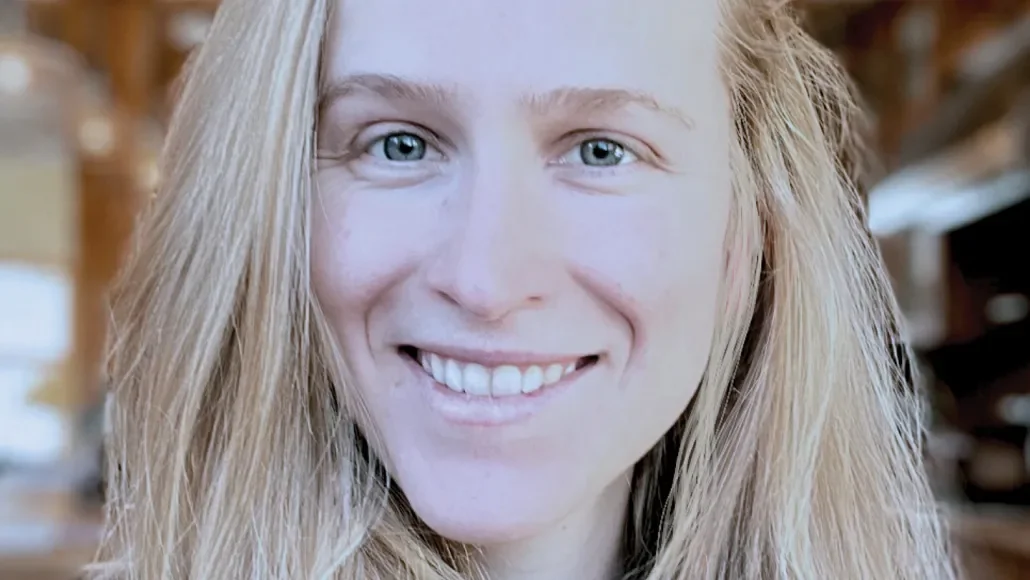America risks losing its role as a space science pioneer
The uncertainty and instability of 2025 could cost the U.S. the next generation of space scientists
To decode future anxiety and depression, begin with a child’s brain
Neuroscientist Cat Camacho roots her work in kids’ lived experiences
How did Pluto capture its largest moon, Charon?
One scientist used computer simulations to unravel the mystery of Charon's formation
See the largest, most detailed radio image of the Milky Way yet
The new view unveils in great detail some of the celestial hubbub within our galaxy
Astronomers saw a rogue planet going through a rapid growth spurt
It’s the fastest growth rate ever observed in a planet
See a 3-D map of stellar nurseries based on data from the Gaia telescope
The nurseries are charted within about 4,000 light-years from the sun in all directions
Enceladus’ ocean may not have produced precursor chemicals for life
The icy moon of Saturn is a contender for hosting life
A primordial black hole may have spewed the highest energy neutrino ever found
These theoretical black holes may have formed right after the Big Bang
Seismic waves suggest Mars has a solid heart
The purported solid inner core has a radius of about 600 kilometers
Astronomers detect the brightest ever fast radio burst
No one knows what produces these flashes of radio waves
A Mars rock analysis tool proved its mettle on a chance find from Arizona
One researcher's find resembles a Martian sample whose spots could be a sign of ancient life
A newborn planet munches on gas and dust surrounding its host star
It’s the first time a young planet has been seen shaping rings of gas and dust
NASA’s Webb telescope spotted a new moon orbiting Uranus
It’s the planet’s 29th identified moon
A dying star revealed its heart
It’s the first observation of an innermost shell of a massive star
The oldest known black hole formed more than 13.3 billion years ago
The body and its surroundings make up one of the little red dots seen by the Webb telescope
Cosmic rays could, in theory, sustain life on other worlds
The radiation can break underground water into an ingredient for life-giving energy
A giant planet may orbit our closest sunlike neighbor
The Webb telescope spotted the planet candidate near Alpha Centauri A
Seven superclouds sit just beyond the solar system
Most likely parents to star-forming gas clouds, they’re the sun’s largest neighbors

















